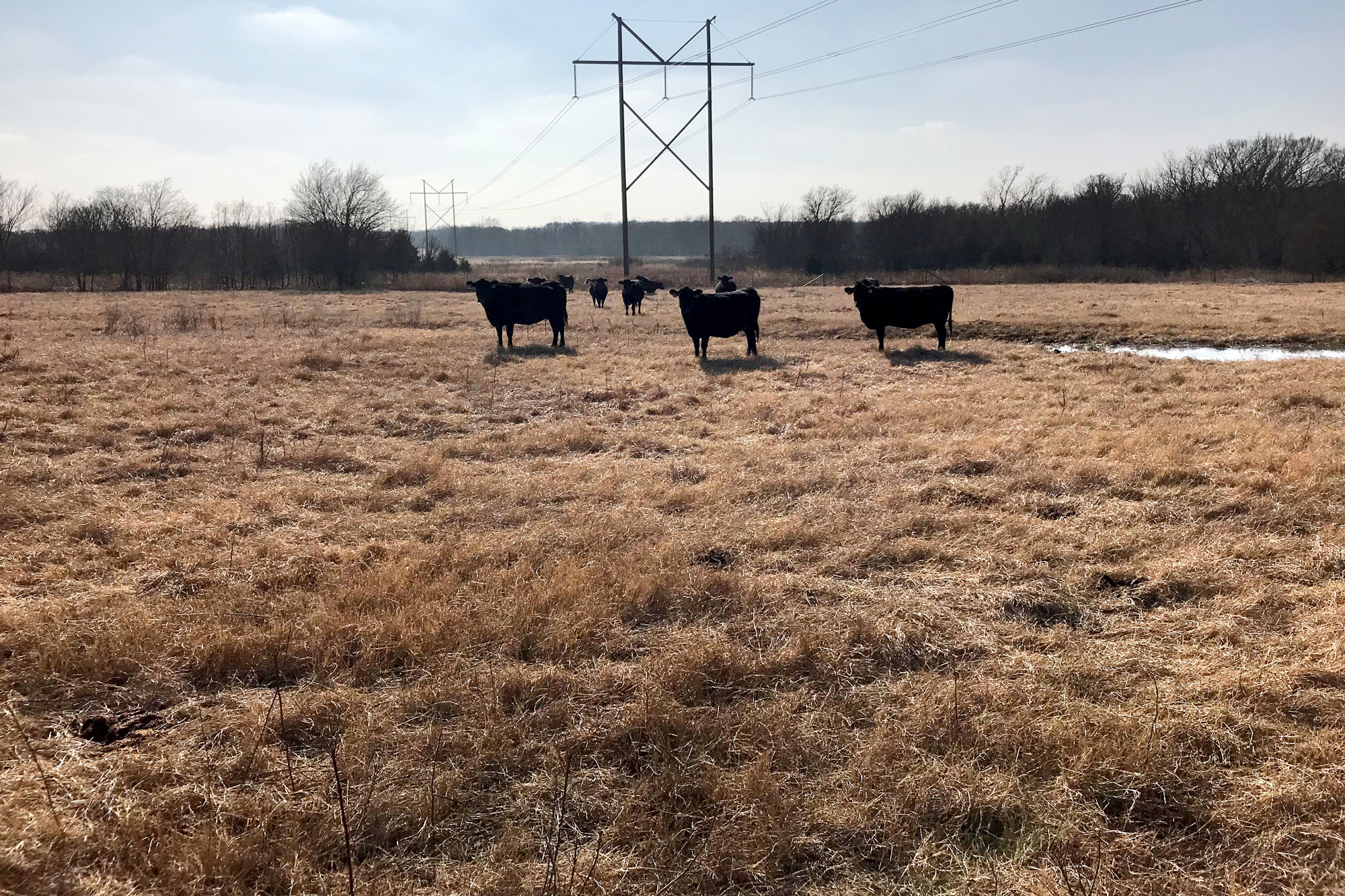Thu, 27 Oct 2022 15:14:14 CDT

The Noble Research Institute continues its work to emphasize regenerative ranching, and that includes utilizing soil health principles. Senior Farm and Ranch Broadcaster, Ron Hays, is featuring comments from the Noble Research Institute’s Director of Producer Relations, Hugh Aljoe, about drought and soil health.
Utilizing soil health principles on rangelands, Aljoe said, will improve water retention rates on those soils, which is valuable during drought conditions periodically on the Southern Plains.
“The management we do now will determine how well and how rapidly we can recover after the drought,” Aljoe said.
Soils managed well and protected during the drought, Aljoe said, will have the ability to infiltrate and store more water when the rain comes.
“Oftentimes, when we have seen this occur in the past, these pastures that have been managed well during drought increase a productive potential, typically to a new level,” Aljoe said.
Being proactive and managing pastures well before and during drought, Aljoe said, can improve overall forage production by 30 to 50 percent in some areas. Another benefit to taking care of those pastures, Aljoe said, is that improving water retention rates will help prepare for the winter season.
“It takes grass to grow grass,” Aljoe said.
Maintaining live grass plants over the winter and through the drought, Aljoe said, will be beneficial when spring rains come and help more forage grow. The key, Aljoe said, is to have a plan in place before drought occurs.
“The best time to plan for drought is when you have rain and the best time to plan for rain is when you have drought,” Aljoe said.
Producers should have an idea of what they will do if they do not receive the average moisture they expect during seasonal months in the spring.
Most forage production comes by the middle of July, Aljoe said, so without a good start in the spring, forage production can be expected to be slow, and recovery will be difficult. Another principle for regenerative ranching, Aljoe said, is not to overgraze permanent pastures.
“What we want to try to do is manage the soil surface whether we are managing the plants themselves, or the material that has been deposited from the plants through our grazing activities,” Aljoe said. So, it is important that we don’t graze all the plants, to begin with.”
Particularly with perennial plants, Aljoe said it is critical not to overgraze so that the soil has a cover.
“That slows the water down and allows more infiltration to occur when rain events come,” Aljoe said.
Click the LISTEN BAR below to listen to Hugh Aljoe talking about soil health and drought.
The Beef Buzz is a regular feature heard on radio stations around the region on the Radio Oklahoma Network and is a regular audio feature found on this website as well. Click on the LISTEN BAR below for today’s show and check out our archives for older Beef Buzz shows covering the gamut of the beef cattle industry today.
click to play audio or right-click to download















